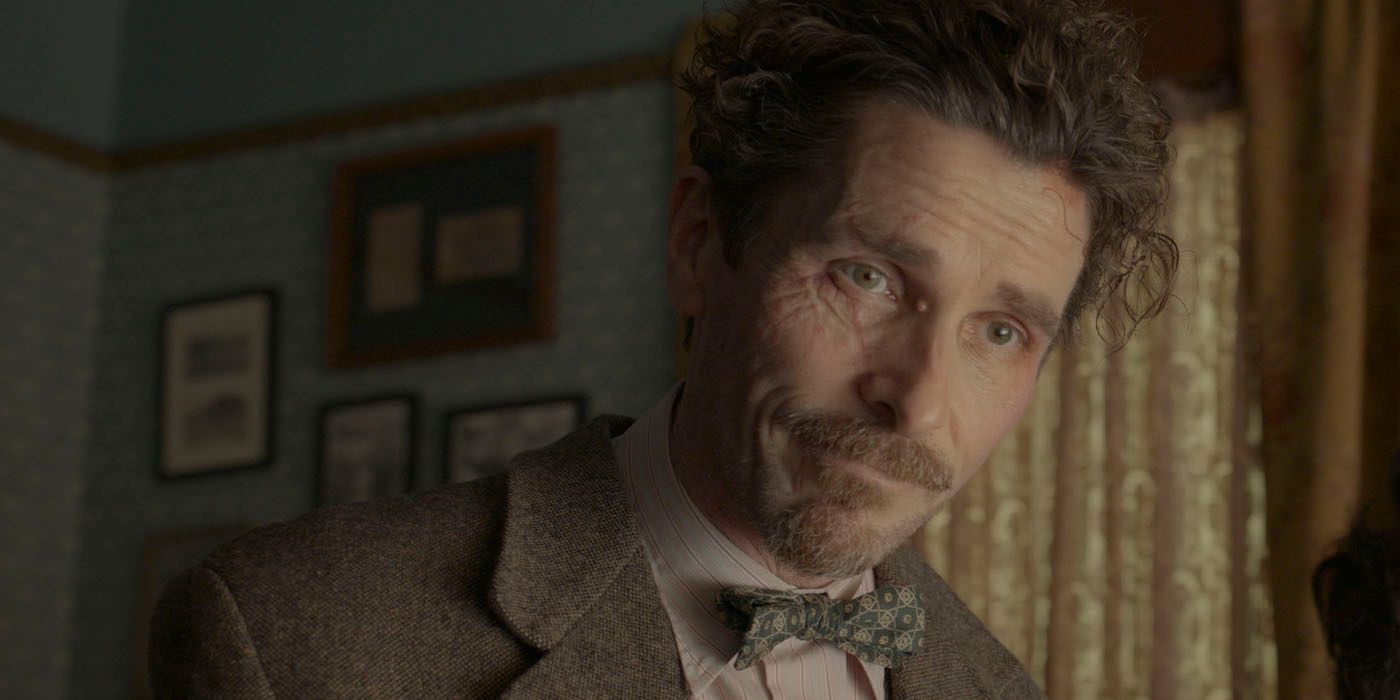Considering how likely we all are to be blown to pieces by it within the next five years, the atomic bomb has not roused so much discussion as might have been expected. The newspapers have published numerous diagrams, not very helpful to the average man, of protons and neutrons doing their stuff, and there has been much reiteration of the useless statement that the bomb “ought to be put under international control.” But curiously little has been said, at any rate in print, about the question that is of most urgent interest to all of us, namely: “How difficult are these things to manufacture?”
Such information as we – that is, the big public – possess on this subject has come to us in a rather indirect way, apropos of President Truman’s decision not to hand over certain secrets to the USSR. Some months ago, when the bomb was still only a rumour, there was a widespread belief that splitting the atom was merely a problem for the physicists, and that when they had solved it a new and devastating weapon would be within reach of almost everybody. (At any moment, so the rumour went, some lonely lunatic in a laboratory might blow civilisation to smithereens, as easily as touching off a firework.)
Had that been true, the whole trend of history would have been abruptly altered. The distinction between great states and small states would have been wiped out, and the power of the State over the individual would have been greatly weakened. However, it appears from President Truman’s remarks, and various comments that have been made on them, that the bomb is fantastically expensive and that its manufacture demands an enormous industrial effort, such as only three or four countries in the world are capable of making. This point is of cardinal importance, because it may mean that the discovery of the atomic bomb, so far from reversing history, will simply intensify the trends which have been apparent for a dozen years past.
It is a commonplace that the history of civilisation is largely the history of weapons. In particular, the connection between the discovery of gunpowder and the overthrow of feudalism by the bourgeoisie has been pointed out over and over again. And though I have no doubt exceptions can be brought forward, I think the following rule would be found generally true: that ages in which the dominant weapon is expensive or difficult to make will tend to be ages of despotism, whereas when the dominant weapon is cheap and simple, the common people have a chance. Thus, for example, tanks, battleships and bombing planes are inherently tyrannical weapons, while rifles, muskets, long-bows and hand-grenades are inherently democratic weapons. A complex weapon makes the strong stronger, while a simple weapon – so long as there is no answer to it – gives claws to the weak.
The great age of democracy and of national self-determination was the age of the musket and the rifle. After the invention of the flintlock, and before the invention of the percussion cap, the musket was a fairly efficient weapon, and at the same time so simple that it could be produced almost anywhere. Its combination of qualities made possible the success of the American and French revolutions, and made a popular insurrection a more serious business than it could be in our own day. After the musket came the breech-loading rifle. This was a comparatively complex thing, but it could still be produced in scores of countries, and it was cheap, easily smuggled and economical of ammunition. Even the most backward nation could always get hold of rifles from one source or another, so that Boers, Bulgars, Abyssinians, Moroccans – even Tibetans – could put up a fight for their independence, sometimes with success. But thereafter every development in military technique has favoured the State as against the individual, and the industrialised country as against the backward one. There are fewer and fewer foci of power. Already, in 1939, there were only five states capable of waging war on the grand scale, and now there are only three – ultimately, perhaps, only two. This trend has been obvious for years, and was pointed out by a few observers even before 1914. The one thing that might reverse it is the discovery of a weapon – or, to put it more broadly, of a method of fighting – not dependent on huge concentrations of industrial plant.
From various symptoms one can infer that the Russians do not yet possess the secret of making the atomic bomb; on the other hand, the consensus of opinion seems to be that they will possess it within a few years. So we have before us the prospect of two or three monstrous super-states, each possessed of a weapon by which millions of people can be wiped out in a few seconds, dividing the world between them. It has been rather hastily assumed that this means bigger and bloodier wars, and perhaps an actual end to the machine civilisation. But suppose – and really this the likeliest development – that the surviving great nations make a tacit agreement never to use the atomic bomb against one another? Suppose they only use it, or the threat of it, against people who are unable to retaliate? In that case we are back where we were before, the only difference being that power is concentrated in still fewer hands and that the outlook for subject peoples and oppressed classes is still more hopeless.
When James Burnham wrote The Managerial Revolution it seemed probable to many Americans that the Germans would win the European end of the war, and it was therefore natural to assume that Germany and not Russia would dominate the Eurasian land mass, while Japan would remain master of East Asia. This was a miscalculation, but it does not affect the main argument. For Burnham’s geographical picture of the new world has turned out to be correct. More and more obviously the surface of the earth is being parcelled off into three great empires, each self-contained and cut off from contact with the outer world, and each ruled, under one disguise or another, by a self-elected oligarchy. The haggling as to where the frontiers are to be drawn is still going on, and will continue for some years, and the third of the three super-states – East Asia, dominated by China – is still potential rather than actual. But the general drift is unmistakable, and every scientific discovery of recent years has accelerated it.
We were once told that the aeroplane had “abolished frontiers”; actually it is only since the aeroplane became a serious weapon that frontiers have become definitely impassable. The radio was once expected to promote international understanding and co-operation; it has turned out to be a means of insulating one nation from another. The atomic bomb may complete the process by robbing the exploited classes and peoples of all power to revolt, and at the same time putting the possessors of the bomb on a basis of military equality. Unable to conquer one another, they are likely to continue ruling the world between them, and it is difficult to see how the balance can be upset except by slow and unpredictable demographic changes.
For forty or fifty years past, Mr. H. G. Wells and others have been warning us that man is in danger of destroying himself with his own weapons, leaving the ants or some other gregarious species to take over. Anyone who has seen the ruined cities of Germany will find this notion at least thinkable. Nevertheless, looking at the world as a whole, the drift for many decades has been not towards anarchy but towards the reimposition of slavery. We may be heading not for general breakdown but for an epoch as horribly stable as the slave empires of antiquity. James Burnham’s theory has been much discussed, but few people have yet considered its ideological implications – that is, the kind of world-view, the kind of beliefs, and the social structure that would probably prevail in a state which was at once unconquerable and in a permanent state of “cold war” with its neighbours.
Had the atomic bomb turned out to be something as cheap and easily manufactured as a bicycle or an alarm clock, it might well have plunged us back into barbarism, but it might, on the other hand, have meant the end of national sovereignty and of the highly-centralised police State. If, as seems to be the case, it is a rare and costly object as difficult to produce as a battleship, it is likelier to put an end to large-scale wars at the cost of prolonging indefinitely a “peace that is no peace”.
Tribune, 19 October 1945








